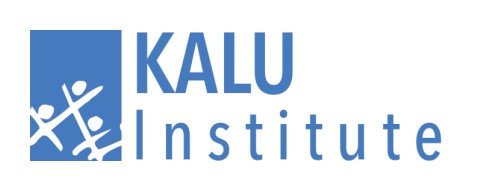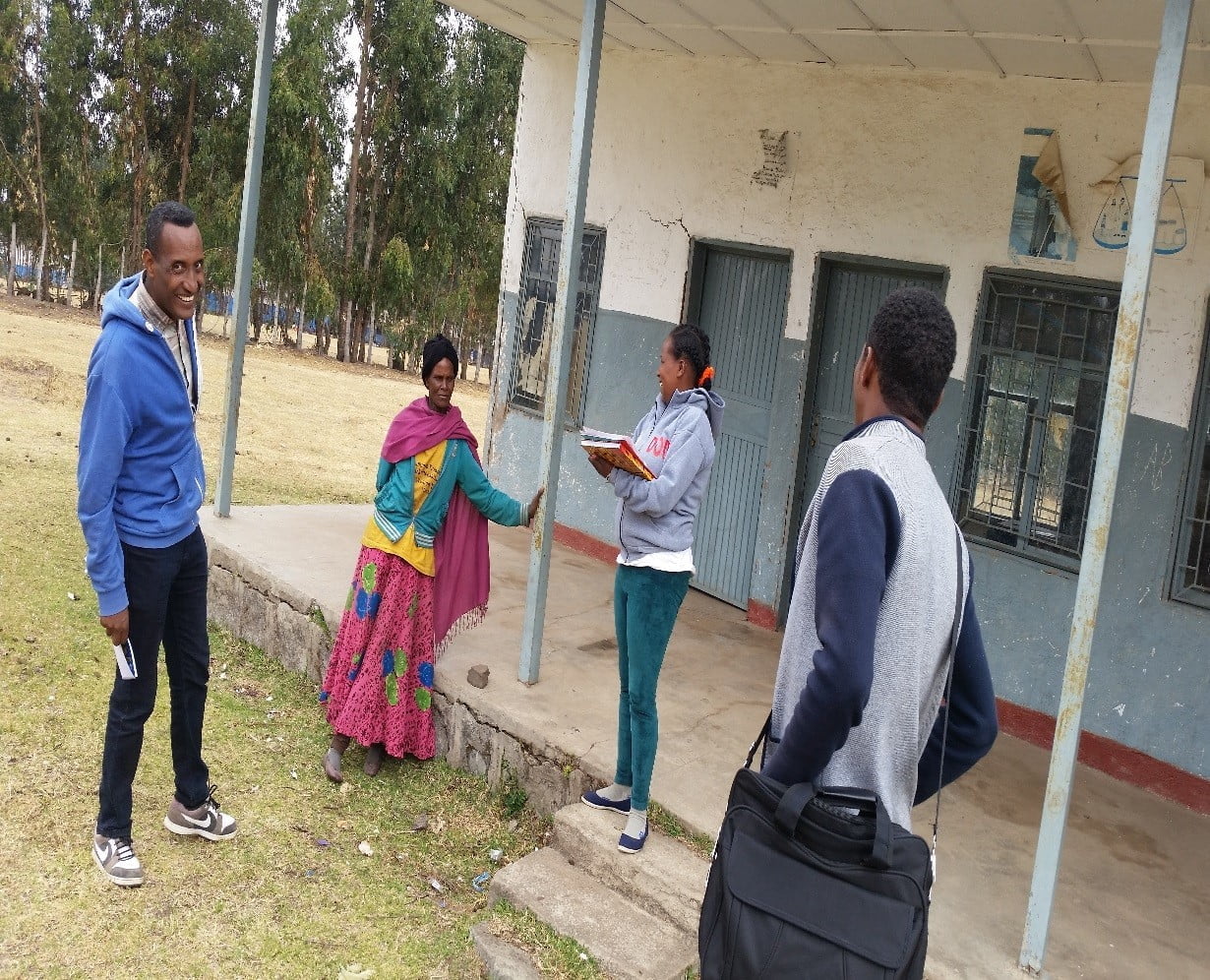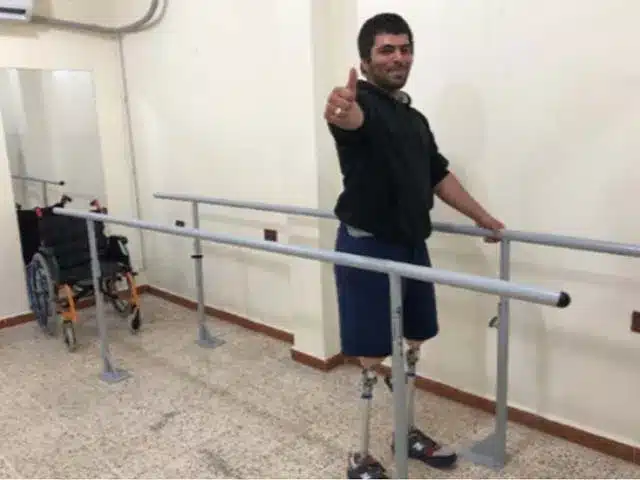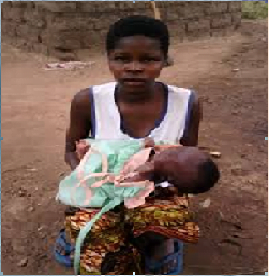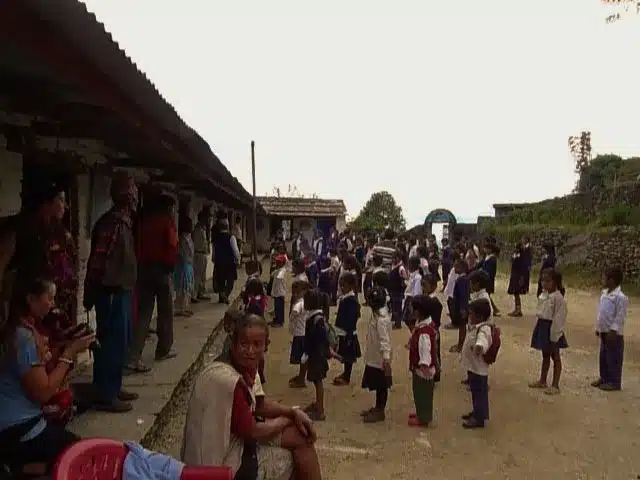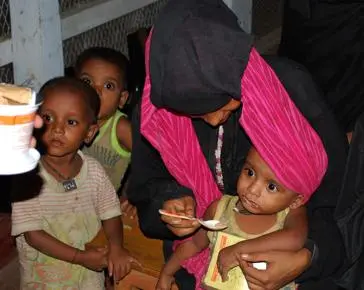The research paper ‘Mapping the multi-dimensional approach to child poverty reduction strategies in light of economic crisis: An initial examination of Cyprus’ was conceived following the aftermath of the economic meltdown in March-April 2013 in Cyprus, focusing on the lingering and increasing risk levels of poverty, and more specifically child poverty. The example of Cyprus was employed to illustrate a similar pattern of imposed financial measures in the Western world, often subsequent to the intervention of ‘Troika’. It draws a parallel with ‘economic rescue’ packages previously used in other EU countries, notably Spain, Portugal, Ireland, Italy and Greece and it reflects on criticisms of IMF policies imposed in so-called developing countries with stalling economies.
Beginning with theories of children’s rights and an analysis of financial lending institutions, as well as poverty-reduction strategies, the research highlights the as-yet masked vulnerability and risk of the youngest population group in Cyprus falling victim of a wider socio-political phenomenon; poverty, whether relative or absolute. It stresses the need for a holistic approach and spherical understanding of child poverty, which requires intervention in a range of sub-sectors to address the core problem. The inter-relevance of food security, labour and employment, education and other cross-cutting issues, including gender and ethnic background, with poverty-reduction strategies is discussed within the context of the Cypriot status quo of 2013. Furthermore, notable initiatives in ‘post-crisis Cyprus’, set up as an immediate response to deprivation in terms of basic needs, are demonstrated in the research paper’s annex. Depicting arguments which had previously been formulated in reports pointing to the high vulnerability of children, depending on specific households and certain population groups, the paper makes recommendations for programmes seeking to mitigate rising poverty levels, according to the principles of participation, inclusion, non-discrimination, country ownership, transparency and accountability.
